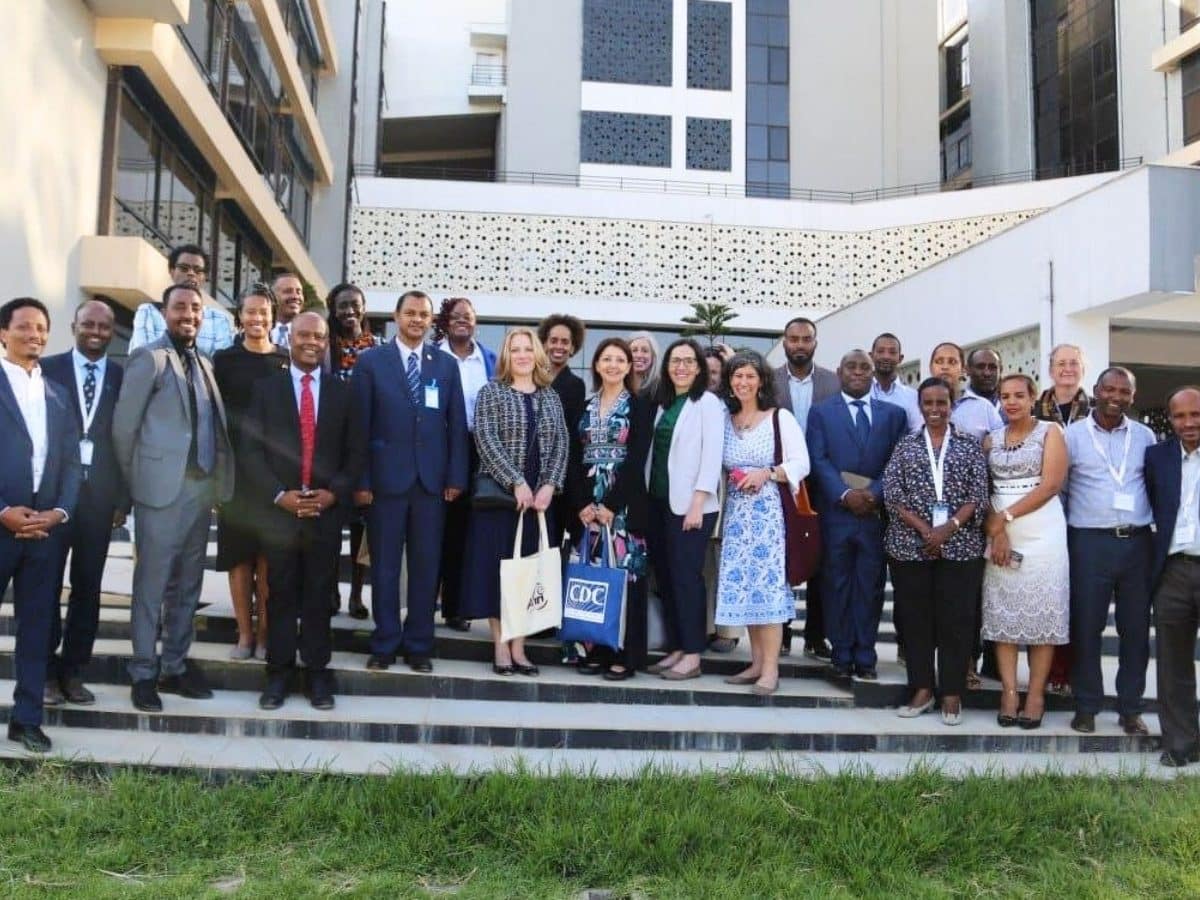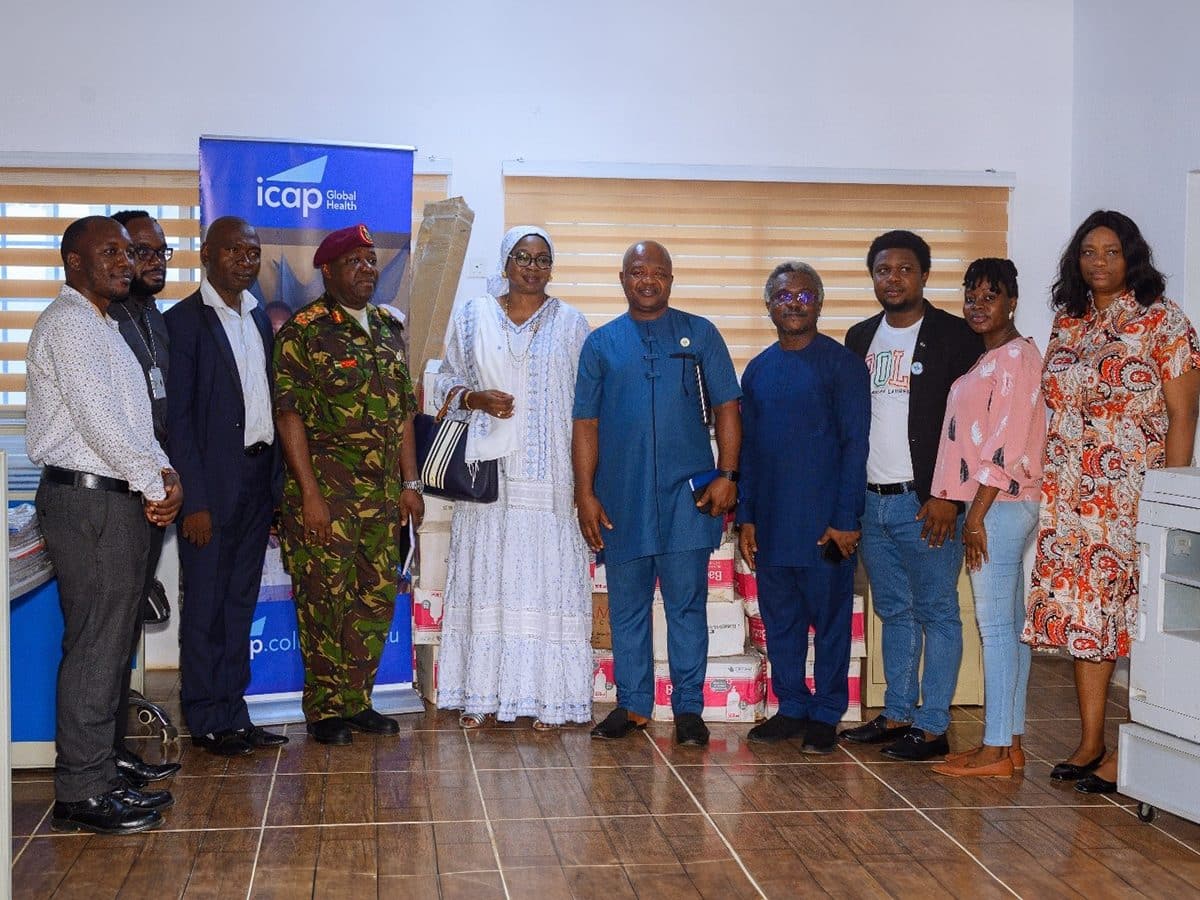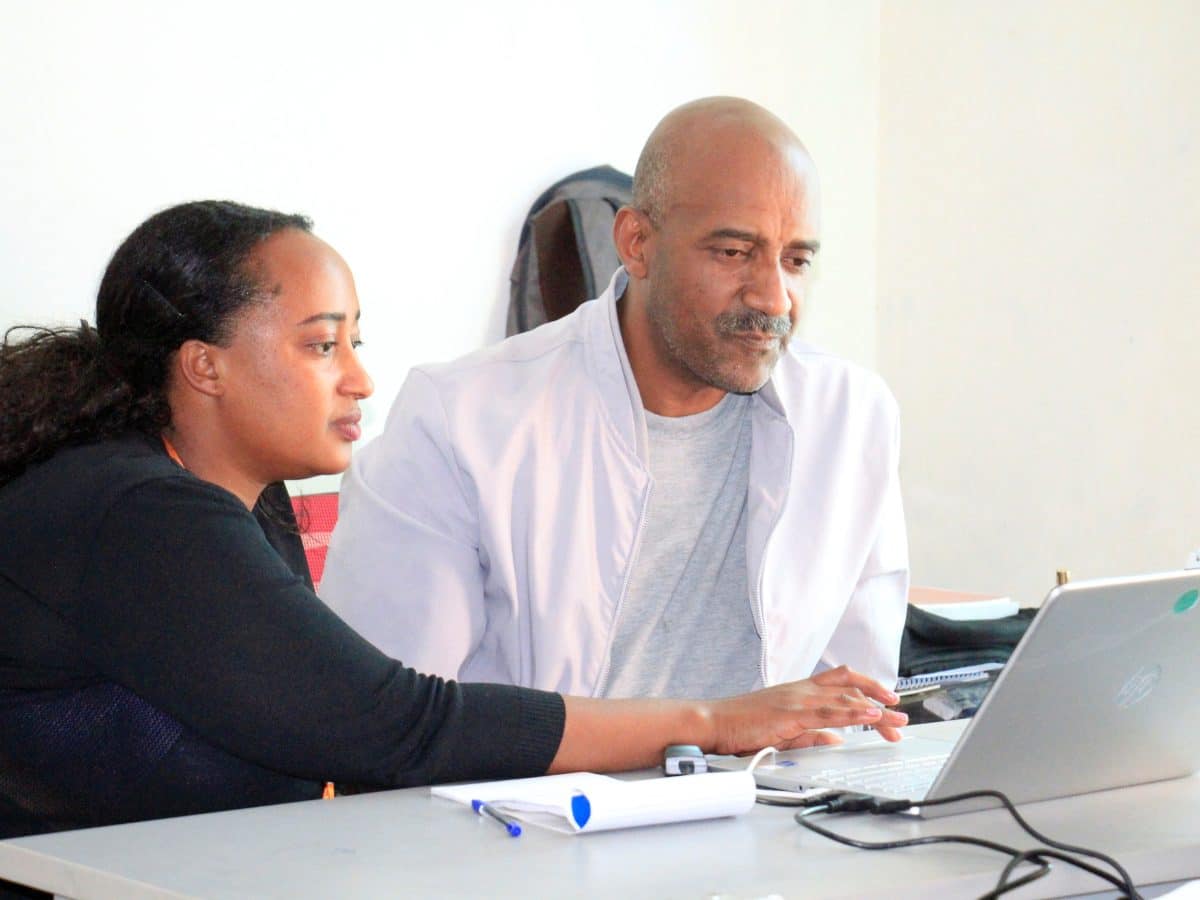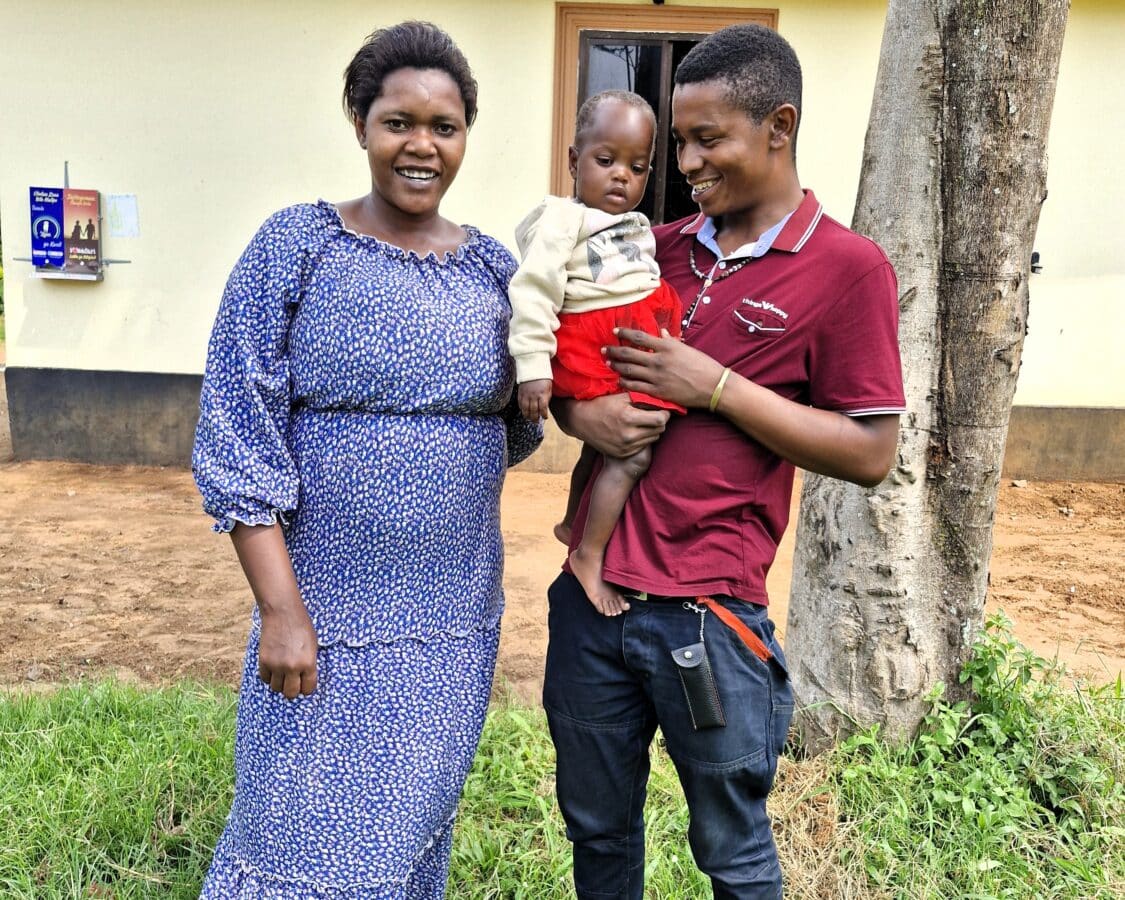A passionate and innovative leader who cared about people—that is how family, friends, and colleagues remember the late Fernando Morales, MD, ICAP’s country director in Tanzania.
“He had the wildest out-of-the box ideas for public health that ended up being a reality,” says Haruka Maruyama, project director for the Tanzania office, recalling the impact Morales had, not just on her life, but on everyone he knew.
She vividly recalls how one morning at the ICAP office in Dar-es-Salaam, Morales decided enough was enough with their paper-based systems. “His team had been stalling the transition to an e-based system, so Fernando had a brilliant idea—confiscate all the printers in the office. That should work, he thought.”
According Maruyama, who refers to the incident as “Printergate,” everyone in the office quickly learned after that how to use the e-signature function on PDFs. Morales’ idea to shift everyone’s dependence on paper at his office had worked. That is the type of innovative thinking he exhibited, pushed for, and was known for as a global leader in public health.
Morales made an impact not just with revamping health administrative systems, but with pushing the envelope and leading the HIV response by prompting governments to implement programs such as community-based testing, treatment initiation, night testing, community refills, starter packs for pre-exposure prophylaxis (PrEP), and HIV self-testing. Morales wanted to bridge the gap in health care by bringing HIV services close to the people who needed them the most. “Don’t forget who we are doing this for, he would say, whenever we hit a roadblock with a project,” Maruyama said.
“He was everything as a leader and a mentor. He was a man of vision who was passionate about the community,” said Godfrey Hoya, director of administration and finance for ICAP in Tanzania.
“He was a high-impact leader. If you look at what he accomplished in Tanzania, it was phenomenal, and he did it with a spirit of service,” said Kevin Cain, CDC Tanzania country director.
But Morales was more than just an innovative leader. He was a husband, a father, a brother, and a friend.
Fernando Morales was born in Argentina and received his medical degree from the University of Buenos Aires.
In 2005, he started working in Somalia, as the HIV coordinator for Italian NGO, Comitato Collaborazione Medica. Then he moved on to join UNICEF Somalia as the Global Fund HIV technical advisor from 2006 to 2008. He joined CDC Rwanda as the Adult Care and Treatment leader from 2008 to 2011, until he took up the country director position at the Elizabeth Glaser Pediatric Foundation (EGPAF) in Mozambique. In all these roles, Morales developed and directed innovative programs that pushed for a response to the HIV crisis in Sub-Saharan Africa. For more than 15 years, he rose to the challenge of addressing the health and well-being of communities most deeply affected by the HIV epidemic.
When Morales finally joined ICAP in 2014, one of his significant achievements was in transforming the Key and Vulnerable Populations program, which at the time was a minor part of the ICAP portfolio based in Mwanza, Tanzania, with three staff members working in two districts to escort individuals to health facilities for testing. In a relatively short time, he transformed it into a program that works in nine regions of the country, in more than 40 districts, with more than 1,000 peer volunteers, and over 230 full-time staff, with the goal of reaching more than one million recipients of care every year.
To advance his vision and secure progress, Morales developed and maintained highly collaborative working relationships with representatives from the Government of Tanzania, academic institutions, donors, supporters, and other implementing and collaborating partners to find solutions to the pressing health care needs of vulnerable populations.
“Fernando was always ready to go to the highest level to defend his ideas and protect the program in the interest of saving life,” said Veronicah Mugisha, MBcHB, DPH, MMed (PH), ICAP’s country director in Rwanda.
On May 5, 2020, Fernando passed away suddenly at the Aga Khan Hospital in Dar es Salaam, leaving a gaping hole in the hearts of the many people who loved, admired, and knew him.
At a memorial in Fernando’s honor on May 7, 2020, tributes poured in from many of Fernando’s close friends and colleagues at ICAP.
“Fernando was a great humanitarian, and he cared about the people he served. Fernando will be sorely missed. He was a great leader, a creative thinker, a good friend, and a wonderful human being,” remarked Wafaa El Sadr, MD, MPH, MPA, global director of ICAP.
“Something I will always remember about Fernando is how important he made you feel,” said Grace Mkemwa, senior project portfolio manager at ICAP in New York, who had worked closely with Morales in ICAP’s Tanzania office.
“Fernando was a very charming person, an enthusiast, and he made everyone feel like family. He has done a lot for ICAP in Tanzania, and Tanzania as a country,” said Sarah Matemu, a member of the senior management team for ICAP in Tanzania who is now filling in as acting country director.
“I feel devasted by Fernando’s passing. I consider him to be both a giant at ICAP and in global health. He was a close brother who taught me how to live life, think outside the box, innovate, and challenge myself. For this, I’ll forever be grateful to Fernando Morales for being part of my life,” said Mark Fussell, ICAP’s chief operating officer and deputy director.
Dr. Fernando Morales leaves behind his wife, Crimelda, his two young children Juliana and Ariel, and an enduring legacy.
The ICAP family is doing all it can to support Fernando’s family in the wake of his tragic passing by setting up a fund to support them. No amount is too small. All who are able are encouraged to contribute by clicking here.
A global health leader since 2003, ICAP was founded at Columbia University with one overarching goal: to improve the health of families and communities. Together with its partners—ministries of health, large multilaterals, health care providers, and patients—ICAP strives for a world where health is available to all. To date, ICAP has addressed major public health challenges and the needs of local health systems through 6,000 sites across more than 30 countries.








